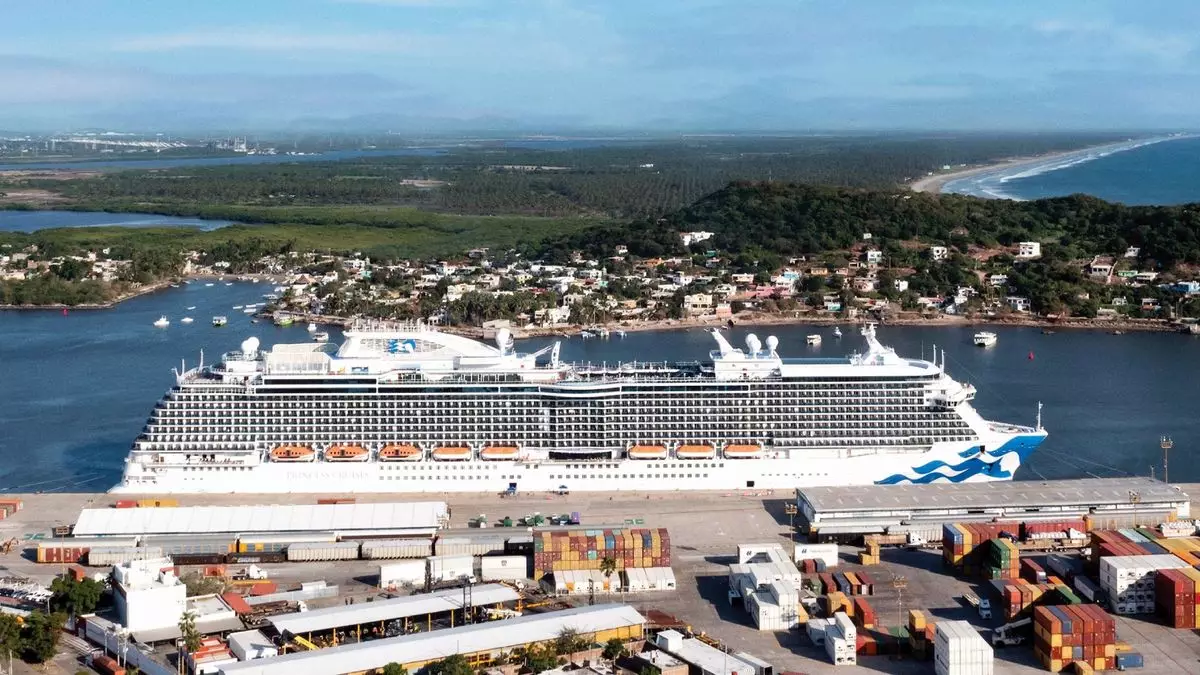In a move that has stirred significant controversy within the cruise industry, Mexico’s government announced a cruise passenger tax set to take effect on July 1. Initially planned for January, the tax proposal of $42 per passenger has drawn sharp criticism from major cruise operators, particularly Carnival Corporation. The company’s CEO, Josh Weinstein, utilized a recent earnings call to express his dissatisfaction with merely delaying the tax rather than abolishing it altogether. This announcement underscores the complexities surrounding the socio-economic implications of taxation in the tourism industry.
Weinstein’s remarks reflect a broader unease among cruise operators regarding the imposition of this tax. He pointed out that potential changes to cruise itineraries could allow companies to bypass Mexican ports altogether if negotiations do not lead to a favorable resolution. This sentiment highlights a critical aspect of the situation: the cruise industry’s negotiating power with the Mexican government, stemming from their significant contributions to the local economy. By shifting itineraries to avoid Mexico, cruise lines could seriously impact tourism revenues, which are vital for regions that rely heavily on visitor spending.
In his statements, Weinstein emphasized the necessity of engaging in constructive discussions with the Mexican government. He advocates for a dialogue that presents the positive contributions of the cruise industry to Mexico, which include job creation, economic stimulation, and cultural exchange. The importance of establishing a mutual understanding between the cruise sector and governmental authorities cannot be understated. Engaging in meaningful conversations may help to dispel misconceptions about the cruise business and illuminate the consequences of the proposed tax on both parties.
The tax was approved by both chambers of Mexico’s legislature, which voted in favor of the head tax to support military funding. This decision raises questions about the priorities of government spending and the implications of tourism taxation as a means of military financing. Weinstein pointedly claimed that lawmakers lacked consultation from industry stakeholders, suggesting a disconnect between government initiatives and the realities of the tourism sector. This scenario points to the pressing need for greater collaboration and dialogue between the cruise industry and policymakers to ensure that decisions are both informed and beneficial.
As the clock ticks toward the proposed July deadline, all eyes are on the negotiations between Carnival Corp. and the Mexican government. The cruise industry must present a united front to navigate these turbulent waters and advocate for a fair resolution to the tax issue. On the other hand, Mexican authorities must consider the implications of this tax on their tourism sector as they strive to balance revenue generation with the essential economic contributions of cruise tourism. Ultimately, striking a balance that addresses both the concerns of the cruise industry and the objectives of the Mexican government will be critical for the future of this vibrant tourism sector.

